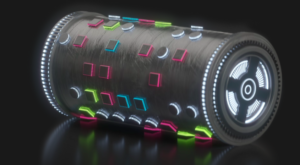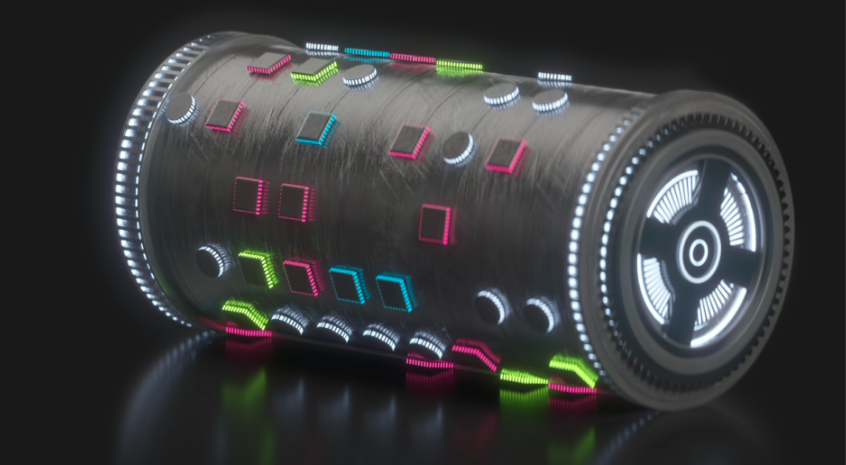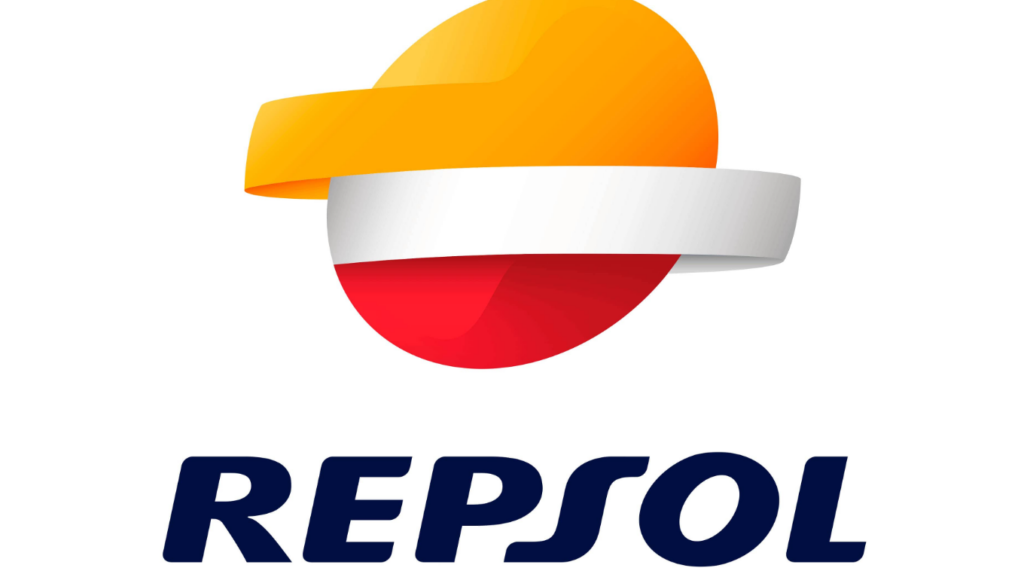
PRESS RELEASE — Classiq, which provides a software platform to create sophisticated quantum computing circuits, announced that it has filed nine patents that address a spectrum of design, compile, debug and optimization issues in the quantum algorithm design process.
The Classiq platform and intellectual property (IP) will enable quantum computing to reach its true potential. As quantum computers become larger and more powerful, current methods of programming them are becoming obsolete and impractical. Today, quantum software is written by explicitly specifying the connections between quantum bits – qubits – and quantum gates. While this method might work for circuits of 10 or 20 qubits, this manual and labor-intensive process is not suitable for computers with 100 or more qubits. Such computers have already been announced and are expected to be introduced in the coming months.
Generally speaking, computers with more qubits can solve more complex problems. However, when using current approaches and as the amount of qubits increases, the number of people who are capable of designing, debugging and maintaining such circuits rapidly decreases. Soon, with large enough computers, practically no one will be capable of completing such tasks.
To solve this roadblock, Classiq introduced a quantum adaptation of a method that is highly successful in the field of digital circuit design. Instead of working at the gate and qubit level, a software engineer using the Classiq platform provides a high-level functional model of the quantum circuit. The Classiq platform then automatically synthesizes this functional model into a working gate-level quantum circuit. The platform does so by quickly exploring thousands upon thousands of alternatives to find the right quantum implementation. The software engineer can also define important constraints – such as the number of qubits or types of gates – and the platform takes them into account. This allows the designer to quickly explore various tradeoffs to find the best one for the given problem, because what is optimal for one designer might not be optimal for another.
The new patent filings address multiple aspects of this groundbreaking approach: how to dynamically synthesize a circuit, how sophisticated circuits can be analyzed and debugged even when they are too large to simulate on classical computers, how to optimize the design to particular hardware implementations, and much more.

“The Classiq approach solves three major problems that are critical for delivering the expected value of quantum computing,” said Shmuel Ur, director of IP strategy at Classiq. “We solve the problem of creating sophisticated circuits that could not be designed otherwise, the problem of automatically adapting designs to hardware platforms from different vendors, and the problem of finding qualified people to work on quantum code.”
Existing approaches to quantum programming often require Ph.D.-level physics experts. In contrast, by allowing algorithm designers to work at the functional level instead of the gate level, Classiq makes quantum accessible to experts in finance, logistics, chemistry, and machine learning without requiring them to have a deep understanding of quantum physics.
“Quantum programming is hard and will become nearly impossible on larger quantum computers. Classiq makes it easy,”said Ur. “Classiq understands and solves the problems that designers face as they build quantum solutions to make their businesses more competitive. The most recent filings add to our growing patent portfolio that puts Classiq at the forefront of quantum algorithm design, and with a dominant IP position.”
Source: Classiq
If you found this article to be informative, you can explore more current quantum news here, exclusives, interviews, and podcasts.



















